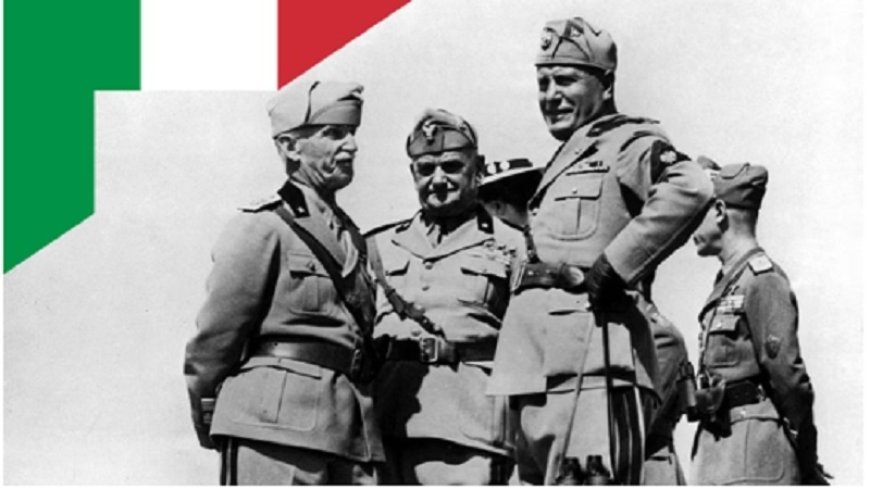Will Italy start paying colonial reparations to Ethiopia?
During the Italian colonial war in Ethiopia, the American representative telegraphed Washington that the Italians were brutally shooting people and burning houses.

During the Italian colonial war in Ethiopia, the American representative telegraphed Washington that the Italians were brutally shooting people and burning houses.
On February 19, 1937, Italian forces launched a three-day massacre in Addis Ababa that resulted in the deaths of nearly 20,000 Ethiopians.
This event is rarely noticed in Italian history, when public debate was still filled with views sympathetic to colonialism. Italy, one of the European colonizers in Africa, committed horrific crimes and violence in Ethiopia under the pretense of taking over Benito Mussolini's "Italian Empire."
These crimes included massacres, burning of villages, and destruction of agricultural products in order to suppress the Ethiopian resistance. Italian forces systematically arrested resistance leaders and deported them to horrific camps such as Danane in Somalia.
One of the most heinous events in the history of Italian colonialism was the assassination attempt in Addis Ababa on Rodolfo Graziani, viceroy of Ethiopia and viceroy of Italian East Africa.
In this attempt, two Eritrean patriots threw several grenades at Graziani, killing seven people and wounding many others, including Graziani. This incident led to Italian forces brutally attacking people and setting fire to their homes.
Italy's crimes in Ethiopia included mass murder and horrific torture, and these were also documented by foreign witnesses.
American and French diplomats made shocking statements about these crimes. For example, the American representative telegraphed to Washington that the Italians were brutally shooting people and burning houses. The French diplomat described the incident as a scheme in which bodies were piled up and set on fire with gasoline without being properly buried. These crimes were committed not only in their own period, but also in World War II. It was largely forgotten in the years after World War II.
Ethiopia attempted to bring Italian war criminals to justice, but these efforts failed due to Cold War conditions and Allied support for Italy. Many Italian war criminals were never tried for their actions in Ethiopia and were even remembered as national heroes.
This deliberate forgetting was also reflected in Italian popular culture, where memories of colonialism were portrayed in a positive and sympathetic way.
Narratives that focused solely on infrastructure building and land improvement by poor Italian immigrants replaced the harsh realities of colonial violence and crime. However, in recent years, due to social and political movements such as "Black Lives Matter" and "Rhodes Must Fall", discussions about colonial legacy and subsequent responsibilities have begun in European countries such as France and Belgium. These movements have succeeded in raising public awareness of colonial history to some extent and have called for re-examination, critique and reparation of the colonial past.
Changes also began in Italy. In October 2022, the Rome City Council decided to revise the names of colonial places. This decision follows the February 12-19 efforts of the Yekatit network, which aims to promote knowledge and encourage critical discussion about Italian colonialism and its legacy.
Thus, perhaps Italians will gradually begin to remember the bitter past of February 19 and its effects on the present. This reminder could be an important step towards colonizers paying reparations to nations affected by colonialism.













































